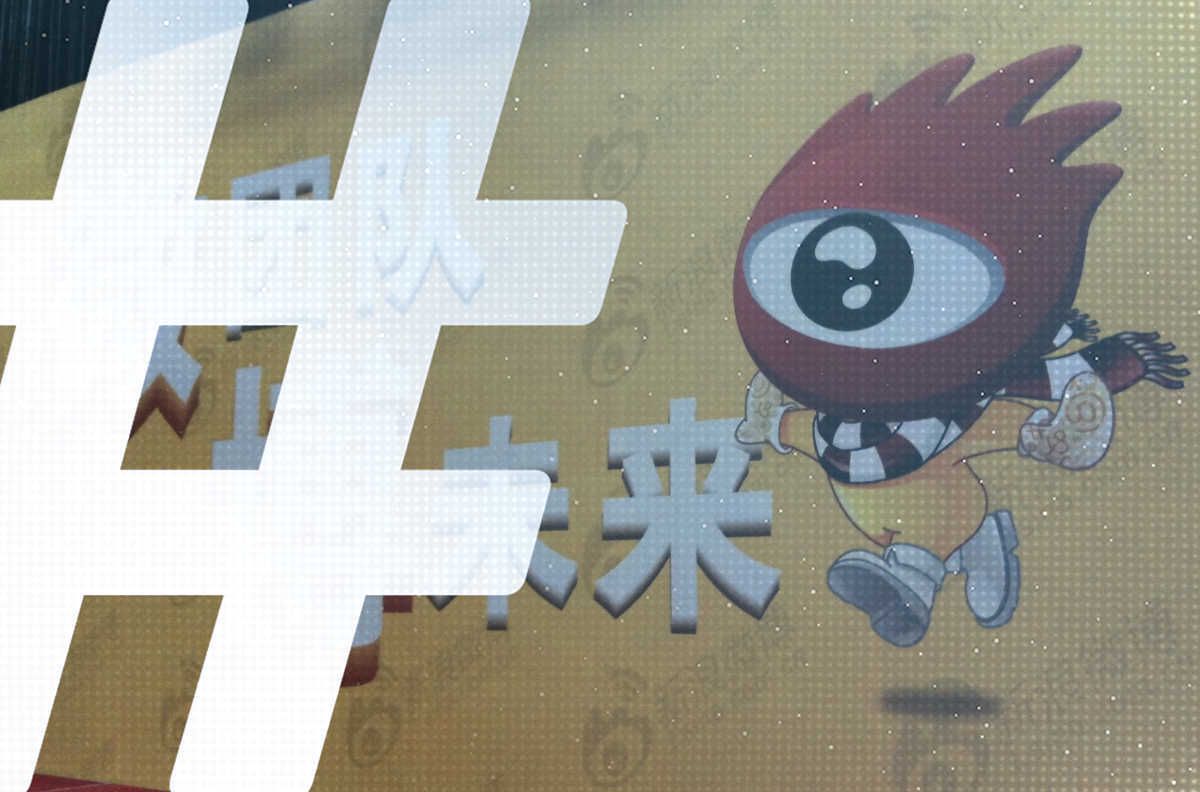from 0x815@feddit.org to technology@beehaw.org on 12 Sep 2024 07:38
https://feddit.org/post/2778010
cross-posted from: feddit.org/post/2777930
In its early stages in 2009, [Chinese social media platform] Sina Weibo built its success on larger-than-life personalities known as the “Big Vs” (大V), who were meant to be magnets attracting conversation — and much-desired traffic — to the platform. The strategy worked, and by 2010 media would proclaim that China had entered the “Weibo Era” (微博时代). But within several years, the idea of a privately-owned tech platform building mass audiences outside of CCP control would become untenable for the leadership. A 2014 crackdown on “Big Vs” was the beginning, some might say, of the inexorable unraveling.
Now, 15 years on from the “beta” launch of Weibo, it may be time to ask: has life gone out of the platform?
[…]
China’s leaders, who today still make it their business to “guide public opinion” through the control of media and communication, had long bristled at the notion of “public intellectuals” outside the official system. The emergence of op-ed pages in commercial metro newspapers (都市类报纸) in the early 2000s had given rise to broader range of voices. In December 2004, the Central Propaganda Department-run Guangming Daily (光明日报) ran a series of scathing attacks on the notion of “public intellectuals,” which it dismissed as a dangerous product of Western social thought.
[…]
A decade on from Xi Jinping’s concerted push to rein in the “Big Vs” created by Weibo’s original celebrity push, the platform seems a shadow of itself. Competition from more personalized apps like Douyin and Xiaohongshu, and unrelenting pressure facing more controversial accounts, have driven a mass migration of Weibo users. Today, writes 36Kr, Weibo’s special community feel has vanished. The open discussions that once buzzed around public intellectuals are gone.
[…]
Politics has of course made its own contributions to the disappearance of public intellectuals from the platform. Former Global Times editor-in-chief and “Big V” Hu Xijin (胡锡进) has not posted anything on Weibo since late July, when his influential account was suspended for an unauthorized interpretation of the Third Plenum decision. On August 7, the account of Lao Dongyan (劳东燕), a criminal law professor at Tsinghua University with a respectable following of her own, was also banned for defending her criticisms of upcoming internet IDs for Chinese netizens.
Forums like Zhihu (知乎) or WeChat Moments still provide a town square of sorts for groups to form, but these are smaller, devoid of the larger-than-life “public intellectuals” of Weibo that once served as known voices for netizens to rally round […] Many [public intellectuals] are laying low, which makes China’s internet a far quieter place.

threaded - newest